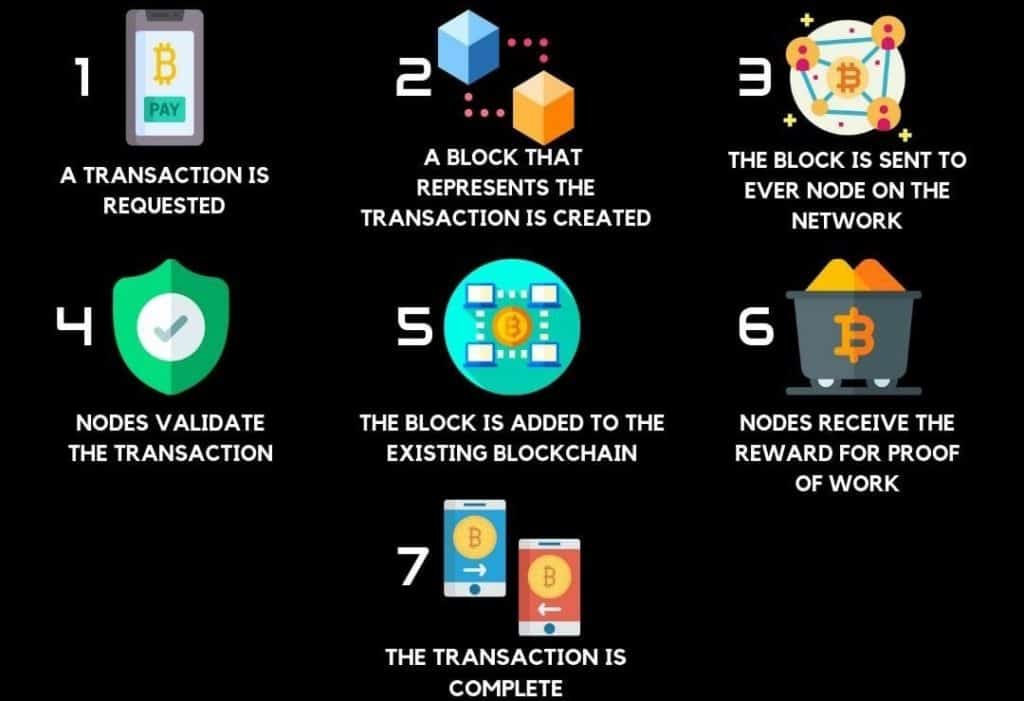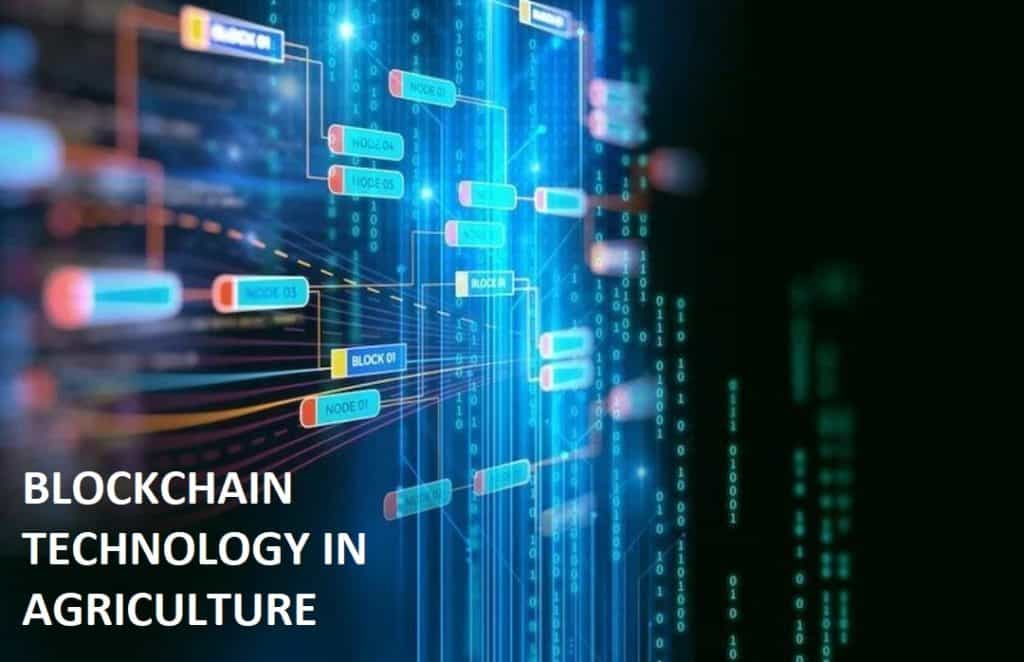Blockchain was initially designed for the Cryptocurrency Bitcoin and is now finding its application in wider fields like agriculture. Block chain provides a distributed, transparent yet secure way to store and transact values (like money, contracts, stocks).
Blockchain
Blockchain is an application of Distributed Ledger Technology. It consists of associated chains that store data in units called blocks. Each block contains the address of the previous hash. A hash is a unique encrypted value which is generated by complex computer algorithms. Similarly, to add another block to the existing blockchain consensus algorithm is followed.
There are various ways under this algorithm where blocks are added differently to the existing list but they almost follow the same mechanism. When one block is to be added to the chain, the node gets the right to create another node either by solving complex puzzles or it depends on the stake that the node wishes to lock up for a certain amount of time.
Blockchain ensures that the data once stored safely through encryption cannot be altered or lost.

Blockchain’s Future in India
Recognising the potential gains of Blockchain technology, The International Crops Research Institute for the Semi-Arid Tropics (ICRISAT), Eleven01 (India’s indigenous blockchain platform) and KHETHINEXT (e-agricultural service provider) have collaborated to employ blockchain technology to increase productivity and income of small-scale farmers in India.
Research program director (Innovations system Drylands) of ICRISAT, Anthony Whitbread, stated that, “Over the past few years, ICRISAT has been working to bring digital technology to farmers in number of ways. Now, with Blockchain protocol we have new area of opportunity to be harnessed for the benefit of marginal farmers”.
To Provide Farmers Insight of Market
This collaboration aims to provide mobile-based services which would assist farmers in analysing and monitoring the information provided by the blockchain network such as financial transactions, farm inputs, demand of crops in market, market rate, supply chain, land holding etc. Thus, this would ensure the transparency and would help farmers to take effective decision.
Trace-ability
Small-scale farmers often do not get the right price for their produce. Blockchain enables farmers and customers to trace agricultural produce and skip dealing with intermediaries. In addition, blockchain technology would give a clear picture of trending prices and would eventually help in increasing the income of farmers.
ICRISAT considers this collaboration as the first step and further aims to employ Blockchain technology in creating an E-agricultural system.

Registration of Land
Andhra Pradesh government has collaborated with ChromaWay (a Swedish company) for development of a blockchain-based platform through which record keeping of land registration can be conducted. This will enable farmers to directly contact with the government thereby, saving them from frauds.
Other Indian states will follow on Andhra Pradesh footsteps if this pilot project is successful.
Other Applications of Blockchain in the Country
Blockchain would help in tracing food, this would let the farmers and customers keep track of the transactions occurring at every level. Blockchain to detect any fraud from farm till it reaches the final consumer.
Verified Agri-inputs and Monitored Subsidy Disbursal
Blockchain technology will help farmers buy verified inputs by monitoring the transactions of the product from the very beginning till it reaches them.
The funds or subsidiary provided by the government almost reduced by significant percentage before reaching the farmers. Blockchain provides a decentralized and transparent platform which would help the government and farmers to trace the transactions at each level.
Thus, Blockchain seems to be a promising technology which could provide solutions to the problems faced by the Indian agricultural sector.